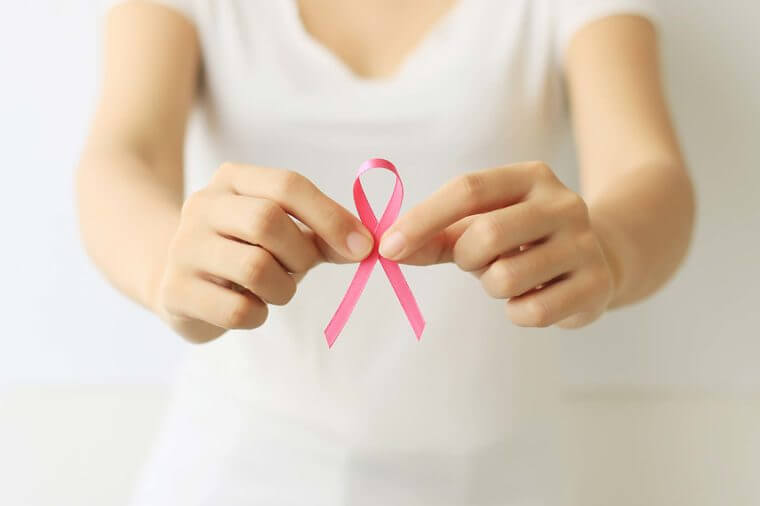Can Aspirin Lower Genetic Risk of Breast Cancer?
Centuries ago, before Europeans stepped foot on what is now North America, many Indian tribes turned to willow bark to remedy a number of physical ailments. Willow bark helped treat headaches and other pains, along with some digestive orders and reduce fevers.
As far back at the 4th century, Greeks used to chew on willow bark to relieve pains and fevers also.
Doctors eventually discovered that willow bark contained a substance called salicin, which when ingested, is turned into salicylic acid, the main ingredient in aspirin.
In high school chemistry, we made salicylic acid in the laboratory and the stuff we made tested to be more pure than many of the commercial aspirins sold in stores.
The one problem with aspirin is that it acts like other NSAIDS in that it can be hard on the stomach, causing upsets and even bleeding ulcers.
However, many doctors recommend some of their patients take a daily low dose aspirin to help with heart-related issues. Aspirin helps prevents blood clots which in turn lowers the risk of heart attacks.
More recently, I wrote about how millions of Americans should stop taking their daily low dose aspirin as it could be more harmful than beneficial.
However, a recent study may change that warning and lead even more doctors to recommend some women to take a daily low aspirin:
New findings suggest that women with specific DNA characteristics in certain areas of the genome may live longer if they take aspirin before they are diagnosed with breast cancer. Published early online in CANCER, a peer-reviewed journal of the American Cancer Society, the findings point to the need for studies on the potential of aspirin to prevent or treat breast cancer in some individuals…
In the study of 1266 women who were diagnosed with breast cancer during the 1996-1997 period, 476 died from any cause and 202 died specifically from breast cancer by the end of 2014. In women who used aspirin, the risk of dying from any cause and the risk of dying from breast cancer was lower among those whose DNA was not methylated in the region that controlled expression of the breast cancer-related BRCA1 gene. Other methylation patterns related to aspirin use and mortality were also observed.
The authors noted that the findings could help identify individuals who may benefit from aspirin after a breast cancer diagnosis due to their cells’ DNA methylation profile. Future research should consider a more comprehensive DNA methylation profile in order to better characterize women who are at risk…
Dr. Tengteng Wang, Ph.D., MSPH, of the University of North Carolina at Chapel Hill commented on their research:
“Consideration of DNA methylation profiles as potential modifiers of the aspirin-mortality association may provide new insights on the underlying biological mechanisms on aspirin use in relation to mortality after breast cancer diagnosis.”
Dr. Marilie Gammon, who worked with Wang on the research added:
“Our findings, if confirmed, may also impact clinical decision-making by identifying a subgroup of patients, using epigenetic markers, for whom pre-diagnosis aspirin use impacts subsequent mortality, and may help refine risk reduction strategies to improve survival among women with breast cancer.”
Dr. Kristen Malecki, Ph.D., MPH, of the University of Wisconsin-Madison commented on the report, saying:
“The study by Wang et al. shows that beyond gene-environment interactions, epigenetic and environment interactions also exist, and suggest that DNA methylation could in the future help to support the identification of individuals for whom treatment may or may not be successful.”
Who would have thought that a practice of once chewing willow bark would lead to a way to reduce the risk, including the genetic risk of developing breast cancer? Sometimes, simple solutions are still the best solutions.









Recent Comments